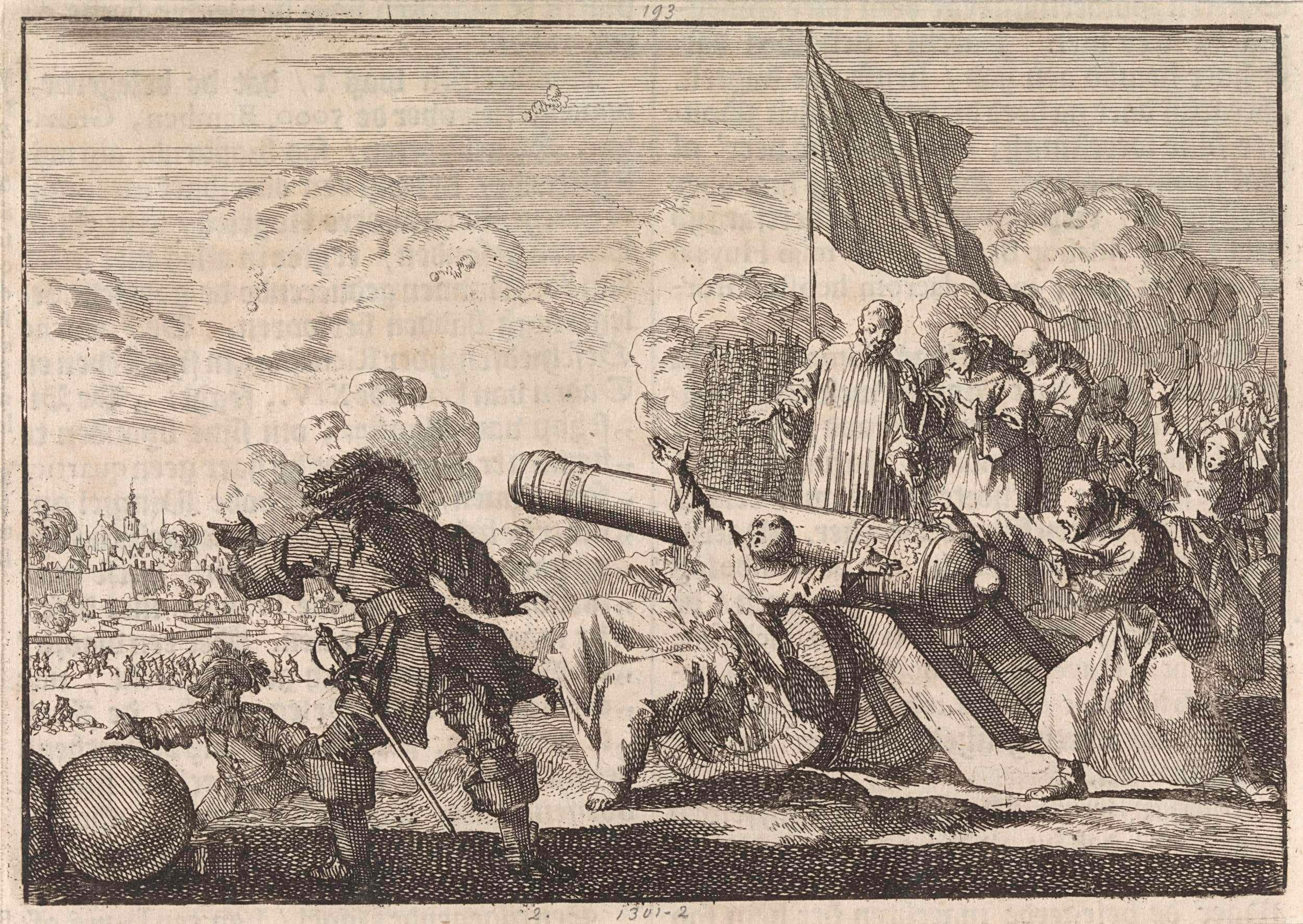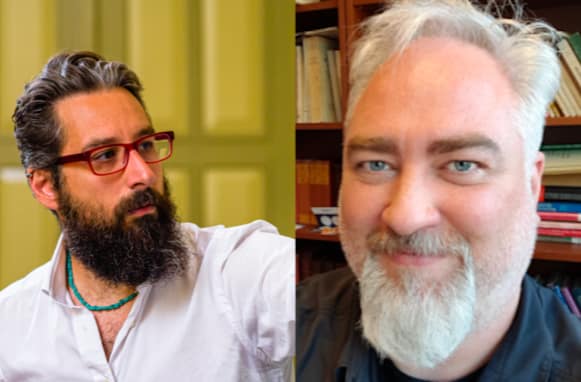
An Honour to Have Met You
The first time I heard about the Honours College was before I even started studying Psychology in Groningen. My best friend was finishing his first year at the University and he had mentioned the Honours College several times. I knew I would not want to miss the chance to apply, and so I did apply when the applications opened at the start of the third quarter in my first year of studies.
A few weeks later I found out I had been admitted and I was pretty psyched. We were a group of 30 Honours students and I think none of us knew quite what to expect. I had read through the advertising and information material and had some knowledge from my friend’s personal reports, but little did I know how much the Honours College would impact my future.
“little did I know how much the Honours College would impact my future”
Just like with the regular courses, I feel that the bigger picture of what we were doing in the Honours College only came together after a while. The various courses of the in-depth module, which focuses mainly on research, gave me indispensable insights to research in psychology. I honestly would not know how my view on research would be today if it had not been for the Honours College research courses. I would miss the “critical view” that, to me, makes research as an academic field so worthwhile to explore and pursue. In the regular courses we mostly learn about the usefulness of research methods (for example, imaging techniques). In the Honours College, we learn to evaluate the limitations of these methods. It feels like the extra training allowed me to develop my peripheral vision — without this I would fail to notice what is often critical in psychology research.
A major component of the extra training is, in my opinion, the adoption of critical thinking in terms of research content but also in terms of how researchers work and the practical issues they deal with on a regular basis. I learned about the upsides of the job, such as the irreplaceable and exciting experience to advance knowledge in a field one is passionate about. I also learned about the downsides – for example about the often long and hard road leading up to the publication of a research article. Overall this learning experience helped destroy stereotypes that most of my fellow Honours students and I had about research in psychology, and it helped build new insights. This is how a new picture was created- taking out the old pieces and putting in the new ones.
“I learned about the upsides of the job, such as the irreplaceable and exciting experience to advance knowledge in a field one is passionate about”
But rather than scare me off, this new knowledge and my experiences have helped me form a tangible picture of research in psychology. It took away this aura that made it initially appear so untouchable. This change resulted from the gradual accumulation of acquaintances with the various aspects of the whole research spectrum. These acquaintances turned into something I started identifying with. One by one, they became friends. The highly valuable hands-on experiences gained in the research internships, alongside the acquisition of theoretical knowledge and critical insights in the seminars, set into motion an exponentially increasing fascination with psychological research. The more I learned, the more it grasped me. And I know it didn’t just grasp me, but a substantial number of Honours College students too.
I am more than grateful to have had the amazing opportunity to take an early plunge into the fascinating and diverse world of research. I especially value the contact I was able to have and build over time with the supervisors of my internships, and feeling that I played a part, that I contributed in some, even if only in a microscopic, way.
“rather than being the cherry on top of the cake, the Honours is a must-have that should not be missed by students with serious research aspirations”
If you think research might be something for you, I say do not miss the chance, and apply to the Honours College. Over the past almost two years it led me to apply to a Research Master program. However, I do think that being curious, motivated, and ambitious is key. Personally I found that the Honours College required good time management; at times it was difficult in addition to the regular courses. Yet it was always rewarding. In retrospect I would say that, rather than being the cherry on top of the cake, the Honours is a must-have that should not be missed by students with serious research aspirations. Even if those aspirations are only intuitive feelings in the first year of the Bachelor program, be sure that the Honours College will provide you with the necessary tools to discover what those feelings really mean.
When writing this article, I looked back at a Honours College flyer I got two years ago. It said, “Working at the frontiers of knowledge.” Back then this just read as a catchy phrase that generated a jungle of ideas and excitement, but also seemed a bit intimidating. Yet this phrase is now closely tied to personal experience that I would not trade in for anything.
NOTE: Image by Rene Mensen, licenced under CC BY 2.0
Relevant links:
http://www.rug.nl/education/honours-college/



